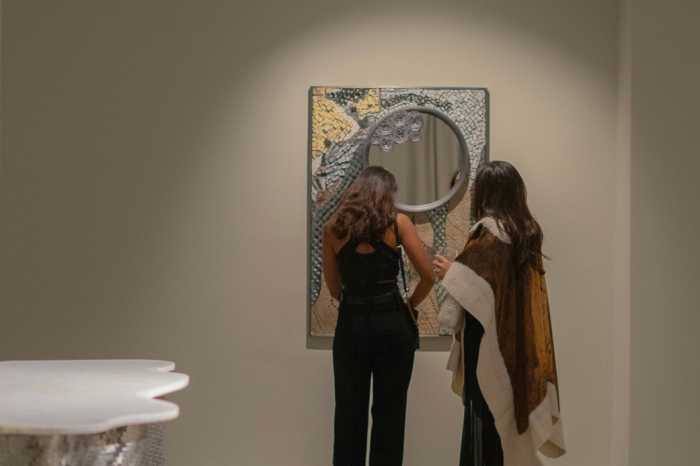By Ed Koch
“The Last King of Scotland” (+)
Something unusual occurred during the past few weeks: I saw two sensational movies: “The Queen,” starring Helen Mirren, which is the best picture I have seen this year, and “The Last King of Scotland,” which is my second favorite.
This film, based on a novel by Giles Foden, describes the reign of Idi Amin over Uganda. After taking over in a coup, Amin decided to drive out the Asian tradespeople mostly from India and Pakistan. He confiscated their property and gave them a short time to leave. I was a congressman at the time and recall making speeches on the floor of the House of Representative entitled, “Idi, Short for Idiot,” denouncing Amin and the rapes and murders of some of those people as they fled to the airport.
This film briefly refers to that aspect of Amin’s rule, but it concentrates on his first being hailed as a hero by the Ugandan people for liberating them from a dictatorship and then becoming a dictator himself, ultimately responsible for the deaths of 300,000 Ugandans.
A young physician, Nicholas Garrigan (James McAvoy) goes to Uganda to practice his profession where he serendipitously meets Idi Amin (Forest Whitaker) in the early days of his coup. Amin adopts the young doctor as an advisor and his personal physician. Dr. Garrigan is very sexually active and ultimately commits the grave and dangerous sin of sleeping with Amin’s fourth wife. Consequences follow.
Amin was ultimately removed from power suffering the indignity of the Entebbe rescue by Israel before he fled to Saudi Arabia where he received sanctuary and died three years ago. Forest Whittaker’s performance is phenomenal. The film, which contains many brutal scenes including a variant of a crucifixion, is not for the faint of heart. The ending kept me on the edge of my seat. The theater was full, so word is out that this movie is worth seeing.
“A Guide To Recognizing Your Saints” (-)
This film was a disappointment. One reason is that I could not understand about 50 percent of the dialogue, because the decibel level was so low. HS, who saw the film with me, said that he missed about 40 percent of the conversations. Not only was the soundtrack low, but the language seemed to be a patois that needed subtitles. A second strike is the script. It could have been terrific but wasn’t because of its choppy and undeveloped scenes that ended prematurely.
The story relates to an Italian American family living in Astoria, Queens, made up of the disabled father, Monty (Chazz Palminteri), the mother, Flaurie (Dianne Wiest), and son Dito (Robert Downey Jr.). Dito is a druggie who lived in California and returned home when his mother told him his father was dying. I thought the performances of all the actors were very good, particularly that of Rosario Dawson who plays Laurie, a young Hispanic woman and a friend of Dito.
Several young men are shown hanging around with an adolescent Dito (Shia LaBeouf). The leader of the group, Antonio (Channing Tatum), is occasionally aggressive in behavior, and the group gets in trouble with their Puerto Rican neighbors. Oddly, the Greeks, one of Astoria’s largest ethnic groups, have no presence in the movie. Laurie, played as an adolescent by Melonie Diaz, is central to Dito’s development. It was not immediately clear that the aging of a family was being depicted. About 20 years elapse between Dito’s leaving Astoria and returning home in response to his mother’s call.
The New York Times critic, A.O. Scott, with much greater credentials than I, raved about the director, Dito Montiel. Scott wrote, “What sets the film apart, and makes it one of the more remarkable American directing debuts in recent years, is Mr. Montiel’s passionate, almost reckless engagement with the possibilities of the medium. Adapting his impressionistic, often rambling memoir for the screen, he demonstrates an autodidact’s exuberant self-confidence and the eye of a born filmmaker.”
I hope he is right. This autobiographical film bursts with energy, but that energy is like glaring and unexpected sun spots rather than something smooth and controlled. Perhaps that’s the genius quality. The long and the short of it is that while I don’t recommend the film, maybe you should see it and decide for yourself.







































